1, February 2020
Russia obtains ease on Central Africa arms embargo at UN Security Council 0
The UN Security Council on Friday approved a slight relaxation of the arms embargo on the Central African Republic, an issue that has been a source of friction between France and Russia.
A resolution drafted by France that extends the embargo by only six months to July 31 was approved by 13 votes with Russia and China abstaining.
It allows the CAR to acquire military vehicles mounted with up to 14.5mm weapons, provided the United Nations is notified ahead of time.
According to the diplomats, negotiations on the draft were held amid sharp tensions between France and Russia.
A former colonial power, France did not want any easing of the embargo in light of conditions in the country, according to sources who spoke on condition of anonymity.
The European and African members of the council supported France’s draft, but Russia, backed by China, supported Bangui’s longstanding call for the embargo to be completely lifted.
Moscow this week proposed a concurrent resolution to France’s. However, a compromise was worked out on Thursday that avoided a vote on two resolutions, and the risk that the embargo would be lifted entirely.
France’s deputy representative to the United Nations, Anne Gueguen, said she “profoundly” regretted that the resolution was not unanimously adopted.
She said the Security Council is receptive to the CAR authorities but stressed the need for a “responsible approach.”
– Six month extension –
Her Russian counterpart, Dmitry Polyanskiy, complained that none of Moscow’s arguments had been taken into account, and he warned these would be raised again in July, indicating the Security Council fight over the embargo would resume in six months.
“We wanted a greater easing of the arms embargo,” he said, arguing that while it was useful initially it had become an obstacle to re-equipping the military and security forces.
Niger’s ambassador Abdou Abarry, speaking also on behalf of South Africa and Tunisia, said the resolution represented a response to the CAR’s legitimate demand to move towards the lifting of the arms embargo.
He said the easing of the embargo would help the CAR’s government to retake control of the entire country.
The United States noted that Bangui had made no requests for exemptions to the embargo since September, even though the possibility was open to it.
The latest relaxation of the embargo follows a Security Council decision in September 2019 to allow delivery of individual weapons of up to 14.5mm in caliber to the CAR security forces, which was the first time an easing occurred.
The embargo has been in place since 2013, when the CAR was rocked by civil war following the fall of president Francois Bozize.
But the government has long demanded that it be lifted altogether, contending that armed groups continue to control vast areas of the country and can easily resupply their forces through contraband, putting Bangui at a disadvantage.
Since 2017, exceptions to the embargo have been accorded by the United Nations on a case by case basis, including when Russia and France gave arms to the CAR.
Source: AFP
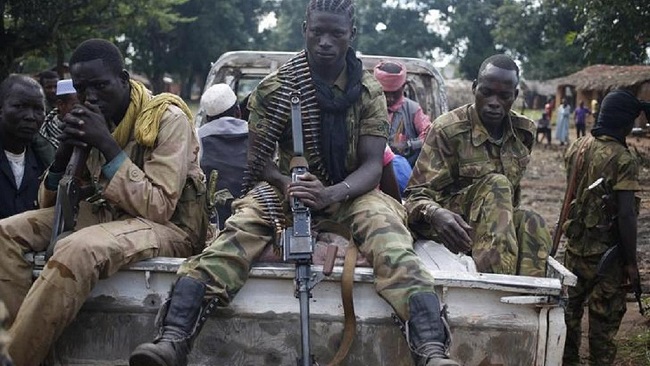
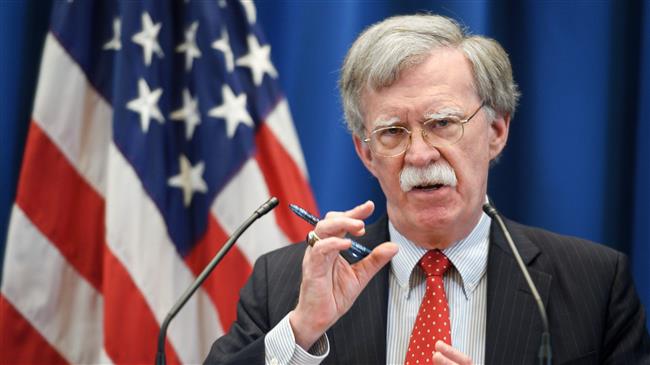


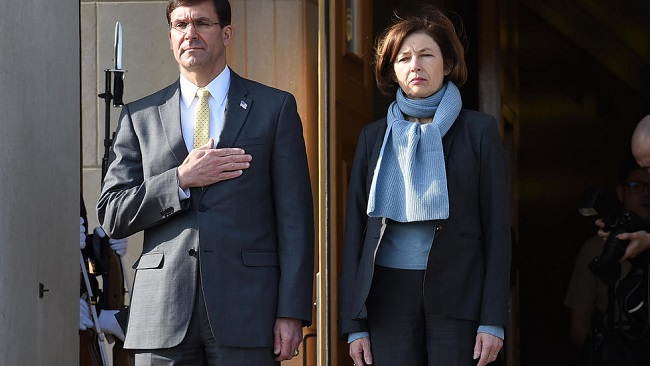
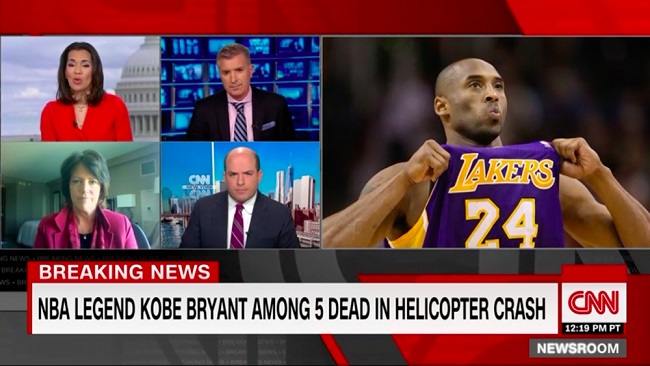
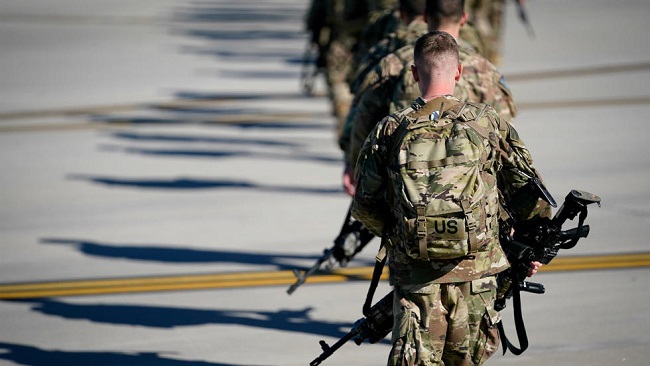
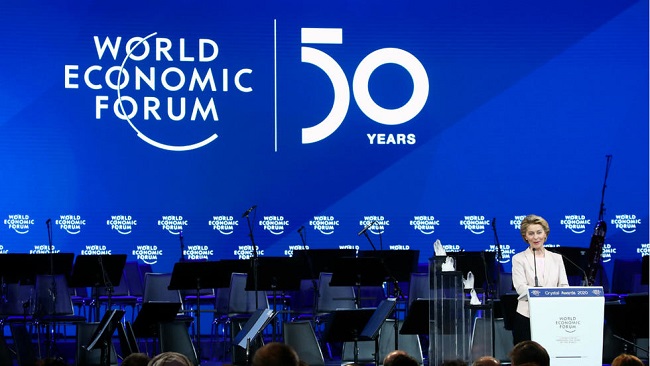


























3, February 2020
Iran no longer sharing evidence on Ukraine airliner crash with Kiev after audio leak 0
Iran is no longer sharing evidence from the investigation into the Ukraine airliner crash that killed 176 people with Kiev after audio from the investigation was leaked by Ukrainian media, the director in charge of accident investigations at Iran’s Civil Aviation Organization was quoted as saying on Monday.
The audio file was part of the evidence given to Ukrainian experts as part of the joint investigative team’s examination of the crash.
“The technical investigation team of the Ukrainian airline crash, in a strange move, published the secret audio file of the communications of a pilot of a plane that was flying at the same time as the Ukrainian plane,” Iran’s Hassan Rezaifar said, according to the semi-official Mehr news agency.
“This action by the Ukrainians led to us not sharing any more evidence with them.”
‘Dear engineer, it was an explosion’
The announcement followed a leaked recording of an exchange between an Iranian air-traffic controller and an Iranian pilot purporting to show that authorities immediately knew a missile had downed a Ukrainian jetliner after takeoff from Tehran, despite days of denials by the Islamic Republic.
Ukraine’s President Volodymyr Zelensky acknowledged the recording’s authenticity in a report aired by a Ukrainian television channel on Sunday night.
In Tehran on Monday, Rezaifar acknowledged the recording was legitimate and said that it was handed over to Ukrainian officials.
After the January 8 air disaster, Iran’s civilian government maintained for days that it didn’t know the country’s Revolutionary Guard, answerable only to Supreme Leader Ayatollah Ali Khamenei, had shot down the aircraft. The downing of the jetliner came just hours after the Revolutionary Guard launched a ballistic missile attack on Iraqi bases housing US forces in retaliation for an earlier US drone strike that killed the Guard’s top general, Qassem Soleimani, in Baghdad.
A transcript of the recording, published by the Ukrainian 1+1 TV channel, contains a conversation in Farsi between an air-traffic controller and a pilot reportedly flying a Fokker 100 jet for Iran’s Aseman Airlines from Iran’s southern city of Shiraz to Tehran.
“A series of lights like…yes, it is missile, is there something?” the pilot calls out to the controller.
“No, how many miles? Where?” the controller asks.
The pilot responds that he saw the light near the city of Payam, near where the Guard’s Tor M-1 anti-aircraft missile was launched. The controller says nothing has been reported to them, but the pilot remains insistent.
“It is the light of missile,” the pilot says.
“Don’t you see anything anymore?” the controller asks.
“Dear engineer, it was an explosion. We saw a very big light there, I don’t really know what it was,” the pilot responds.
The controller then tries to contact the Ukrainian jetliner, but unsuccessfully.
‘The Iranian side knew’
Publicly accessible flight-tracking radar information suggests the Aseman Airlines aircraft, flight No. 3768, was close enough to Tehran to see the blast.
Iranian civil aviation authorities for days insisted it wasn’t a missile that brought down the Ukrainian plane, even after Canadian Prime Minister Justin Trudeau and US officials began saying they believed it had been shot down.
Iranian officials should have immediately had access to the air-traffic control recordings and Zelensky told 1+1 that “the recording, indeed, shows that the Iranian side knew from the start that our plane was shot down by a missile, they were aware of this at the moment of the shooting”.
Ukraine’s president repeated his demands to decode the plane’s flight recorders in Kiev – something Iranian officials had promised last month but later backtracked on. On Monday, Ukrainian investigators were to travel to Tehran to participate in the decoding effort, but Zelensky insisted on bringing the so-called “black boxes” back to Kiev.
“It is very important for us,” he said.
Iranian authorities, however, have condemned the publication of the recording as “unprofessional”, saying it was part of a confidential report.
(FRANCE 24 with AP and REUTERS)